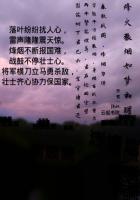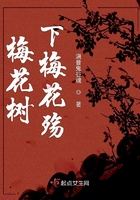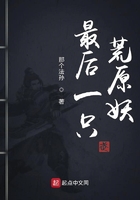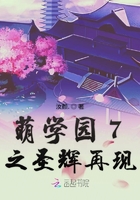Never did poet or novelist imagine scenes so improbable. The son of an obscure lawyer in an unimportant island becomes Emperor of the French and King of Italy. His brothers and sisters become kings and queens. The sons of innkeepers, notaries; lawyers, and peasants become marshals of the empire. The Emperor, first ****** a West India Creole his wife and Empress, puts her away, and marries a daughter of the haughtiest and oldest royal house in Europe, the niece of a queen whom the people of France had beheaded a few years before. Their son is born a king--King of Rome. Then suddenly the pageantry dissolves, and Emperor, kings, and queens become subjects again. Has imagination ever dreamed anything wilder than this? The dramatic interest of this story will always attract, but there is a deeper one. The secret spring of all those rapid changes, and the real cause of the great interest humanity will always feel in the story of those eventful times, is to be found in Napoleon's own explanation--"A career open to talents, without distinction of birth." Till that day the accident of birth was the key to every honor and every position. No man could hold even a lieutenancy in the army who could not show four quarterings on his coat of arms.
It was as the "armed apostle of democracy " that Napoleon went forth conquering and to conquer. He declared at St. Helena that he "had always marched supported by the opinions of six millions of men."
The old woman who met him incognito climbing the hill of Tarare, and replying to his assertion that "Napoleon was only a tyrant like the rest," exclaimed, "It may be so, but the others are the kings of the nobility, while he is one of us, and we have chosen him ourselves,"
expressed a great truth. As long as Napoleon represented popular sovereignty he was invincible; but when, deeming himself strong enough to stand alone, he endeavored to conciliate the old order of things, and, divorcing the daughter of the people, took for a bride the daughter of kings and allied himself with them--at that moment, like another Samson, "his strength departed from him." Disasters came as they had come to him before, but this time the heart of the people was no longer with him. He fell.
This man has been studied as a soldier, a statesman, an organizer, a politician. In all he was undeniably great. But men will always like to know something about him as a man. Can he stand that ordeal? These volumes will answer that question. They are written by one who joined the First Consul at the Hospice on Mt. St. Bernard, on his way to Marengo, in June, 1800, and who was with him as his chief personal attendant, day and night, never leaving him "any more than his shadow"
(eight days only excepted until that eventful day, fourteen years later, when, laying aside the sceptre of the greatest empire the world had known for seventeen centuries, he walked down the horseshoe steps at Fontainebleau in the presence of the soldiers whom he had led to victory from Madrid to Moscow, once more a private citizen.
That men of Anglo-Saxon speech may have an opportunity to see and judge the Emperor from "close at hand," and view him as he appeared in the eyes of his personal attendants, these volumes have been translated, and are now submitted to the public. Though the remark of Frederick the Great that "No man is a hero to his valet" is not altogether borne out in this instance, still it will be seen that there is here nothing of that "divinity which doth hedge a king." In these volumes Napoleon appears as a man, a very great man, still a mere man, not, a demigod. Their perusal will doubtless lead to a truer conception of his character, as manifested both in his good and in his evil traits. The former were natural to him;
the latter were often produced by the exceptional circumstances which surrounded him, and the extraordinary temptations to which he was subjected.
Certainly a truer and fuller light is cast by these volumes, upon the colossal figure which will always remain one of the most interesting studies in all human history.














